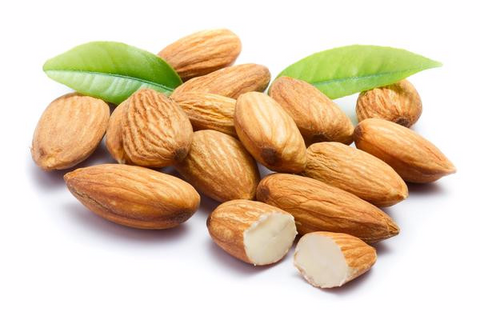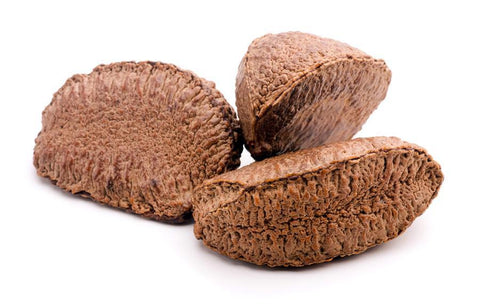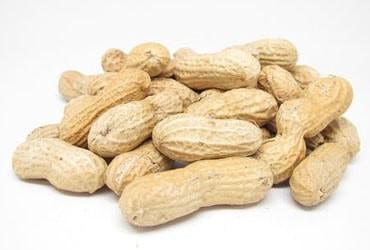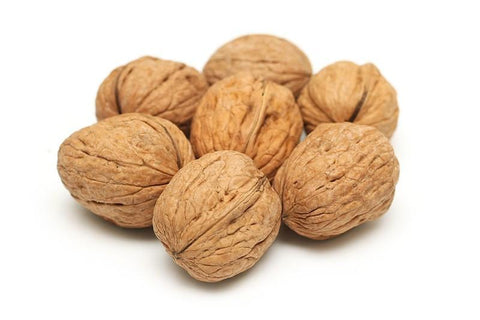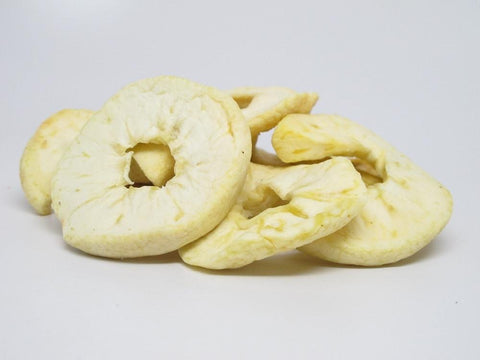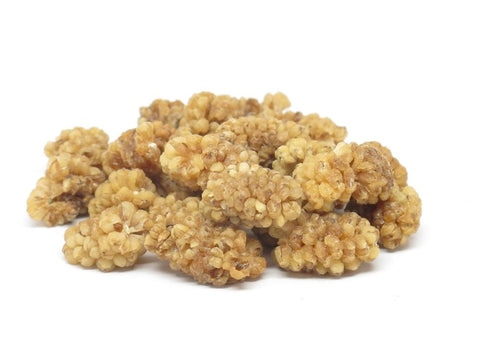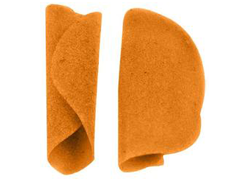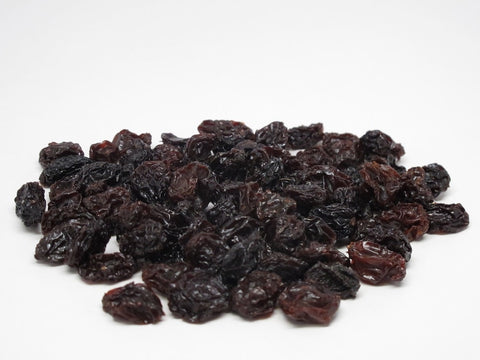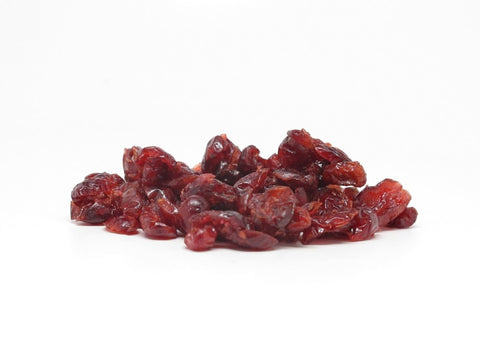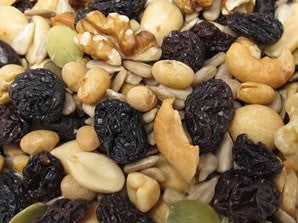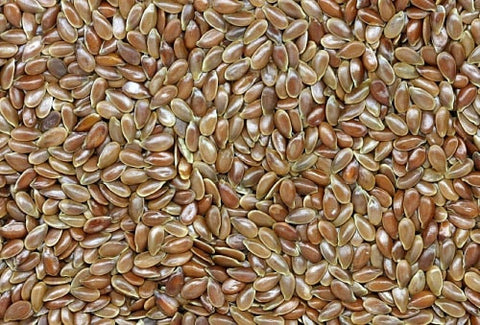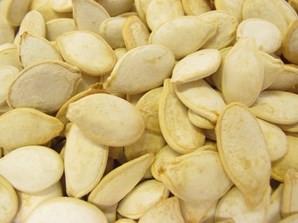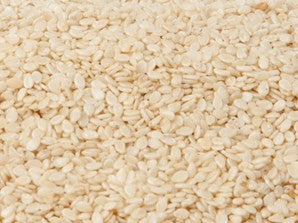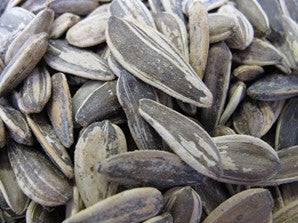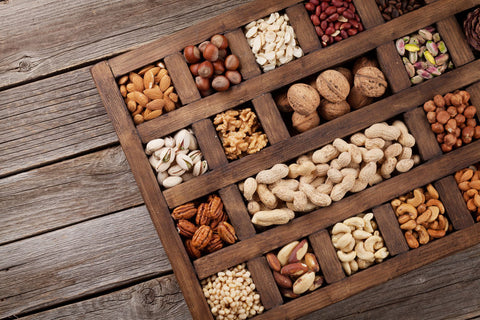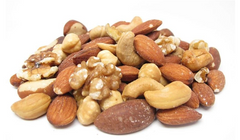Flax seeds have always been known as a useful superfood. During the time of Charles the Great, his subjects were told to consume flax seeds to enhance their health. Scientifically known as Linum usitatissimum, flax seeds have the following health benefits:
1. Rich in Omega-3 fatty acids. Vegetarians take their omega-3 fatty acids (alpha-linolenic acid or ALA) from plants and not from animal sources. ALA is known to reduce the risk of developing a stroke.
2. Full of nutrients. These seeds are among the oldest crops in the world. They have been used since civilization began. In just 7 grams or 1 tablespoon of flax seeds, you can get the following nutrients:
• 2% RDI of potassium
• 37 calories
• 4% RDI of phosphorous
• 1.3 grams of protein
• 7% RDI of magnesium
• 2 grams of carbohydrates
• 2% RDI of iron
• 1.9 grams of fiber
• 2% RDI of iron
• 3 grams of fat
• 2% RDI of calcium
• 1,597 mg of omega-3 fatty acids
• 2% RDI of folate
• 2% RDI of Vitamin B6
• 8% RDI of Vitamin B1
• fiber
3. Rich in lignans. Flax seeds are also full of lignans, which are compounds in plants equipped with estrogen and antioxidants. Lignans are known to improve general health and reduce the risk of developing cancer (specifically breast cancer in postmenopausal women and prostate cancer in men).
4. Improve cholesterol levels. The high amounts of fiber in flaxseeds bind to the liver’s bile salts, which are then eliminated from the body. To replace the lost bile salts, cholesterol from your blood is drawn into the liver. This is the process that lowers the levels of cholesterol in your blood.
Flax seeds are great in bread, pastries, dressings, smoothies, and salads. You can add them to your daily diet without any problem at all. Ground flax seeds are easier to digest and absorb, but you can always use whole flaxseeds as garnish or toppings if you prefer. Consume flax seeds and see if your health improves dramatically.
